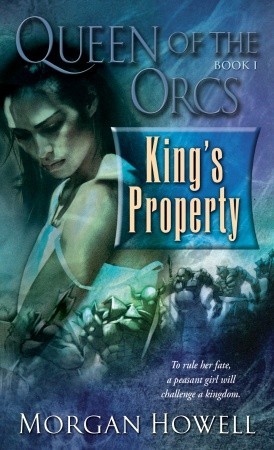At the beginning of 2012, more than ever before, I saw other bloggers talking about their “word for the year.” Even when it felt normalized (rather than capricious or trendy) it was still scary to me.
To claim that I was going to focus on this topic/image/virtue/goal for the coming year was intimating because I wasn’t sure I could focus on anything for a year.
Repeated defeats and distractions will do that to a person.
Even so, I prayed about it because I really love words. And the idea of having a pet word, an anchor for thoughts and prayers and meditations (when I remembered it, at least) was very appealing.
And I got my very own word for the year.
And didn’t tell anyone, because I was afraid. I was afraid of making a big deal out of something that would turn out not to be a big deal.
Because, honestly, when you’re declaring one word is enough to last you the e.n.t.i.r.e. year, you’re calling it a big deal. I work with words and I know what I’m talking about.
The word I got this January was hope.
In January I was (un)well into my second year of depression, but I was starting up with a new counselor (my third– there’s a story in felt-failure: that it took me three tries to find the right someone), and finding new books, and had a sense of anticipation.
I can’t say it was necessarily about “the coming year,” but it was about life in general, and I was ready for hope.
It was (I believe) in that second linked book that I read (and latched onto) a definition for “hope” that I’ve repeated many, many times this year.
Hope is the assurance that *now* is not permanent.
That is, of course, only a partial definition. It expresses a desire for change (for the better) but not enough of the positive anticipation.
I did a word search through the bible while the word hope was on my mind. About the same time, one of the elders in our church urged all of us to choose a “verse for the year.”
I feel a bit the same about verse-for-the-year as I do about word-for-the-year; only you’re not allowed to say that you think a bible verse isn’t big enough to last a year, so naturally I just was quiet rather than draw attention to myself about how I doubted I’d commit to one of those, either.
Mostly I didn’t want to start one more thing, build it up, in my head or in public, and then notice six-months later that this centering verse, chosen to draw all the craziness of Life toward a single focus, did nothing more to contain the centrifugal spatter of my life than it did cozied next to the verses that were its normal companions.
I just don’t need the extra pressure or resultant discouragement.
But even though I rationally and objectively felt this way, I still liked the idea of searching the scriptures to see if anything “popped,” and combined with the word hope, something did.
I emailed it to the elder, as he’d requested to hear from us in the church, but I asked him not to include it in the general discussion because I was so shy of it.
It was a mighty-big verse to me, and I was shy to have it connected as my heart-prayer. Especially in the context of it being “this year’s” verse. It was much easier to say, This is near my heart. I trust telling you, but please don’t extend it farther, or I’ll feel a need to be explaining myself.
And I just don’t like the idea that I have to explain my affinity to, or delight in, a verse of scripture.
Yes, after all that I’ll say what it was. Continue reading

